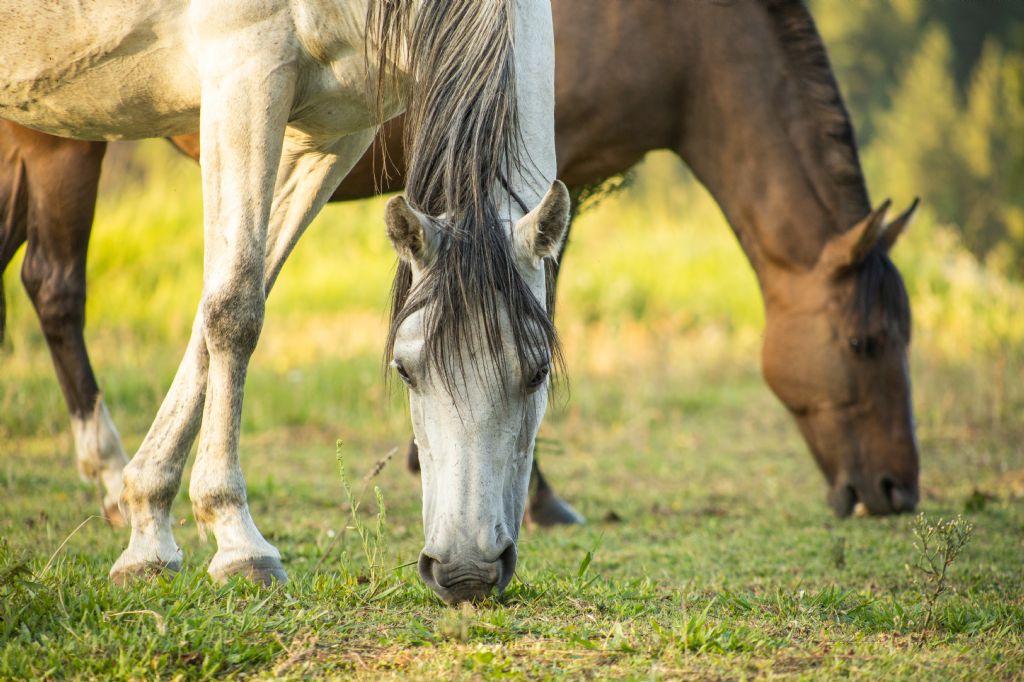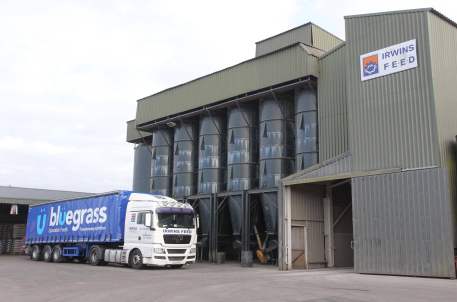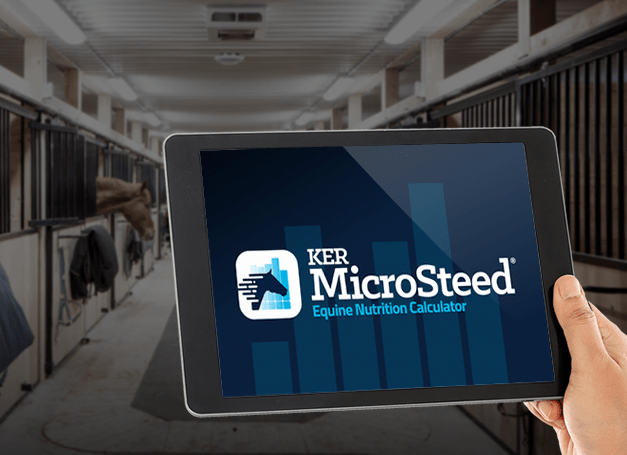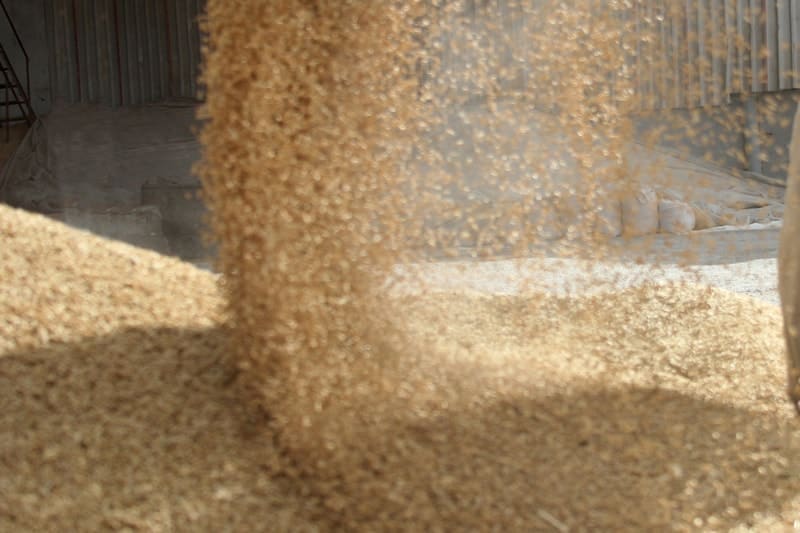Bluegrass News
A horse with poor quality hooves is a concern for many horse owners, as the saying goes “no hoof, no horse”, this is true as poor hoof quality can increase the risk of lameness and impact your horse’s comfort. Focusing on nutrition we can help to improve hoof quality; however, owners can’t expect quick results as building strong hooves takes at least six to twelve months. Hoof growth is influenced by many factors including age, breed, genetics, environmental moisture, trimming/shoeing. Key nutritional influences include energy intake, protein, vitamins & minerals.
Energy Intake
When confronted with poor quality hooves the first thing to consider is total energy intake within the diet. A horse with a negative energy balance will use protein within the diet or body to meet energy needs, which may create a protein or amino acid deficiency. Therefore, it is vital to ensure your horse is receiving adequate levels of energy within their diet. Research showed that 50% of ponies had an increase in hoof growth rates when fed a diet with a positive energy balance in comparison to those on restricted diets.
Protein
Energy intake aside, the hoof wall is made up of 93% protein on a dry matter basis. The hoof wall is comprised predominantly of the protein, keratin, so not providing sufficient dietary protein can negatively affect hoof health and condition. Essential amino acids are required to be provided within the diet by feeding a concentrate feed or complete balancer such as Stamm-30.
Vitamins & Minerals
Owners are aware their horse requires vitamins & minerals within the diet, those need to be supplied in the correct balance ensuring all vitamins & mineral requirements are met.
A vitamin that is associated with improving hoof quality is Biotin. Biotin is a B-vitamin that plays a key role in the metabolism of carbohydrates, proteins, and fats. Biotin is commonly added to commercial feeds due to the higher nutrient uptake in the upper digestive tract compared to the hind gut, it is mainly obtained from the diet during the fermentation process of fibre. Factors affecting the normal function of the hind gut will ultimately impact the synthesis and absorption of biotin. Horses only have a 1-2mg requirement for Biotin, and this will be supplied via the diet, however, studies have shown that supplemental biotin at levels of 15-20 mg per day had positive effects on hoof quality in some horses. However, it’s important to note that some horses react more positively to additional Biotin supplementation, and that for some it has no benefit.
Apart from nutrition basic hoof care is as equally as important, ensure your horse is on a regular shoeing/trimming cycle every 4-6 weeks.
Remember good basic nutrition is vital, use a feed that is designed for your horses needs and ensure to feed it at the recommended rate. Ensure you horse is seen by a qualified farrier every 4-6 weeks. If everything is done from a nutritional and farrier angle and hoof quality is still an issue, additional Biotin maybe worth adding to the diet to provide additional support.












